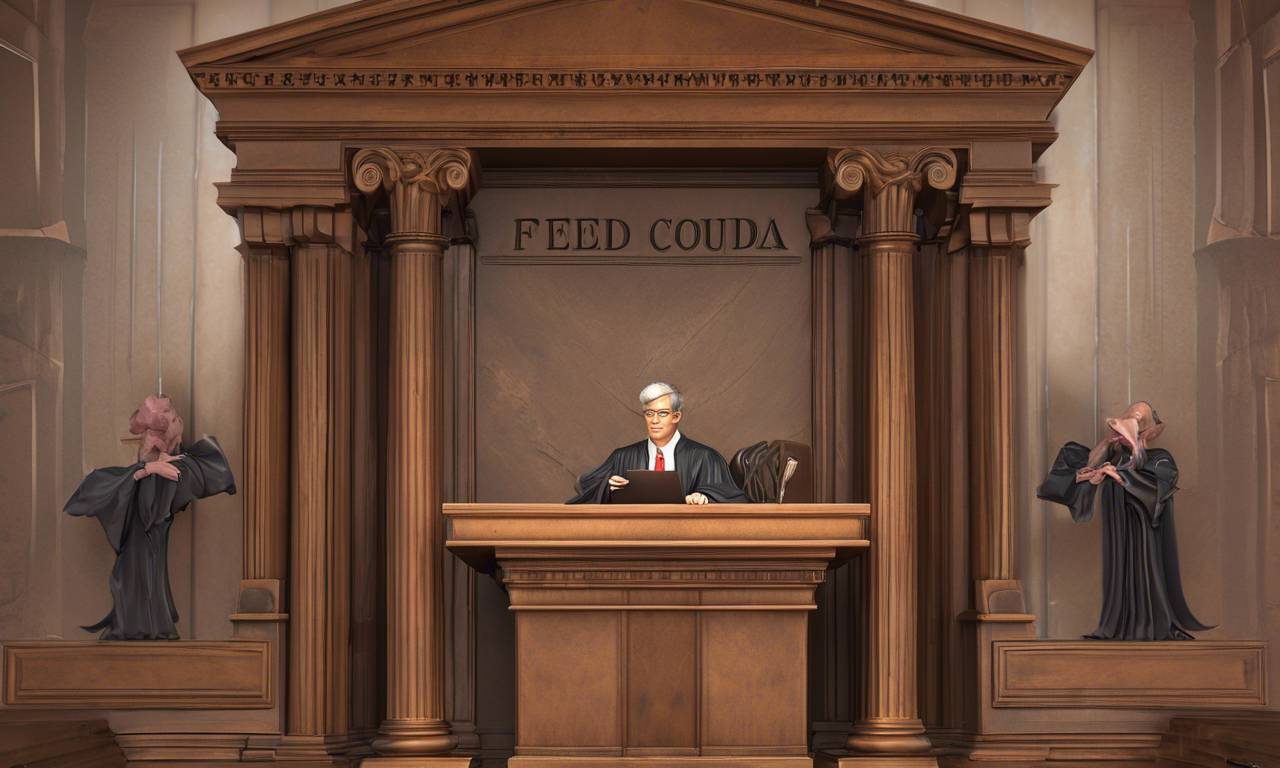The Legal Battle Between Custodia Bank and the US Federal Reserve: A Critical Juncture
In a recent development in the legal battle between Custodia Bank and the US Federal Reserve (Fed), a federal judge has canceled the scheduled trial, indicating that a decision based on summary judgment is forthcoming. This move is a critical juncture in a case that has wider implications for the cryptocurrency industry in the United States, particularly in the context of the government’s Operation Chokepoint 2.0 strategy, which is perceived as an effort to limit the crypto sector’s access to banking services.
Background of the Custodia vs. Fed Case
The case focuses on Custodia Bank’s efforts to obtain a master account from the Federal Reserve. The primary purpose of such an account is to ensure the bank’s efficient operation, including direct access to the FedWire network for carrying out substantial real-time payment transfers. Following a comprehensive review of the summary-judgment briefing and submissions by all parties, the court declared a mistrial.
As per the court submissions, the determination of the court on the merits of the case can be done without a trial based on the extensive record currently before it. This development has been interpreted by some, including financial historian Peter Conti-Brown, as an indication that the Federal Reserve may face defeat in this landmark case.
Implications for the US Crypto Industry
The application of Custodia Bank for a master account, submitted in October 2020, has become a key issue. The bank further argues that direct access to the Federal Reserve would help it cut down costs and improve upon its digital asset strategy. Nonetheless, the Federal Reserve’s cautiousness (blaming “novel risks”) and delaying of the application process far beyond the usual time frame prompted Custodia to file a lawsuit claiming “unlawful delay” under the Administrative Procedures Act (APA).
A victory for Custodia in this case would spell not only a crucial triumph for the bank but also a probably new reality in the financial world for US crypto businesses, mostly as a result of the March 2023 banking collapse that took down crucial banking institutions that served the crypto sector.
Operation Chokepoint 2.0
The case against the Federal Reserve is set against the backdrop of what is referred to as Operation Chokepoint 2.0, a government initiative that critics say targets the financial dealings of certain business sectors, including cryptocurrencies.
The October Office of Inspector General (OIG) report confirmed the Federal Deposit Insurance Corporation (FDIC)’s restrictive actions towards the crypto industry, such as issuing “pause letters” to banks and requiring prior approval for crypto-related activities without clear criteria or definitive timelines. This regulatory environment has contributed to a challenging atmosphere for crypto businesses seeking reliable banking partners.
As the court prepares to make a ruling based on summary judgment, the outcome of the Custodia vs. Federal Reserve case is poised to have profound implications for the cryptocurrency industry and its interaction with the traditional banking sector. A decision in favor of Custodia could pave the way for greater integration and acceptance of digital assets within the US financial system while also challenging the current regulatory stance encapsulated by Operation Chokepoint 2.0.
Hot Take: A Turning Point for Crypto Banking Access in the US?
In a significant development in the Custodia Bank vs. US Federal Reserve case, a federal judge has canceled the scheduled trial, signaling an imminent ruling on summary judgment. This decision holds immense importance for both Custodia Bank and the broader cryptocurrency industry in the United States.
If the court rules in favor of Custodia, it could potentially set a precedent for increased access to banking services for crypto businesses in the US. This would be a significant win for the industry, especially in the context of the government’s Operation Chokepoint 2.0 strategy, which has been criticized for limiting crypto’s access to traditional financial services.
The outcome of this case also highlights the ongoing challenges faced by crypto businesses in obtaining reliable banking partners. The Federal Reserve’s cautiousness and alleged “unlawful delay” in Custodia Bank’s application for a master account underscore the regulatory obstacles that many crypto companies encounter.
As the court prepares to deliver its ruling, all eyes are on the potential impact it could have on the future of the US crypto industry. A decision in favor of Custodia would not only be a victory for the bank but also a step towards greater integration and acceptance of digital assets within the traditional financial system.





 By
By
 By
By

 By
By
